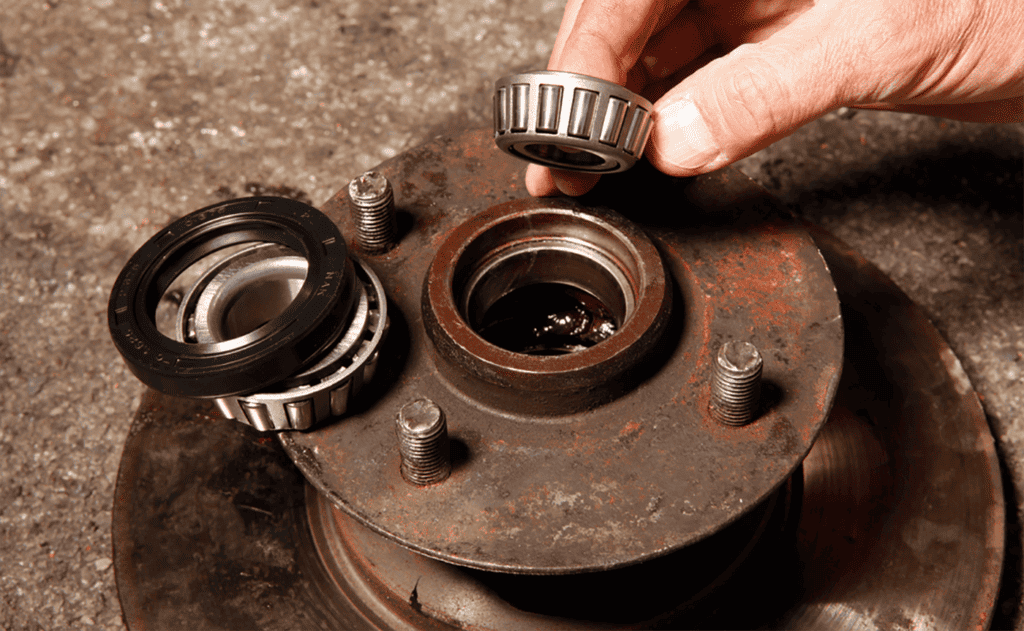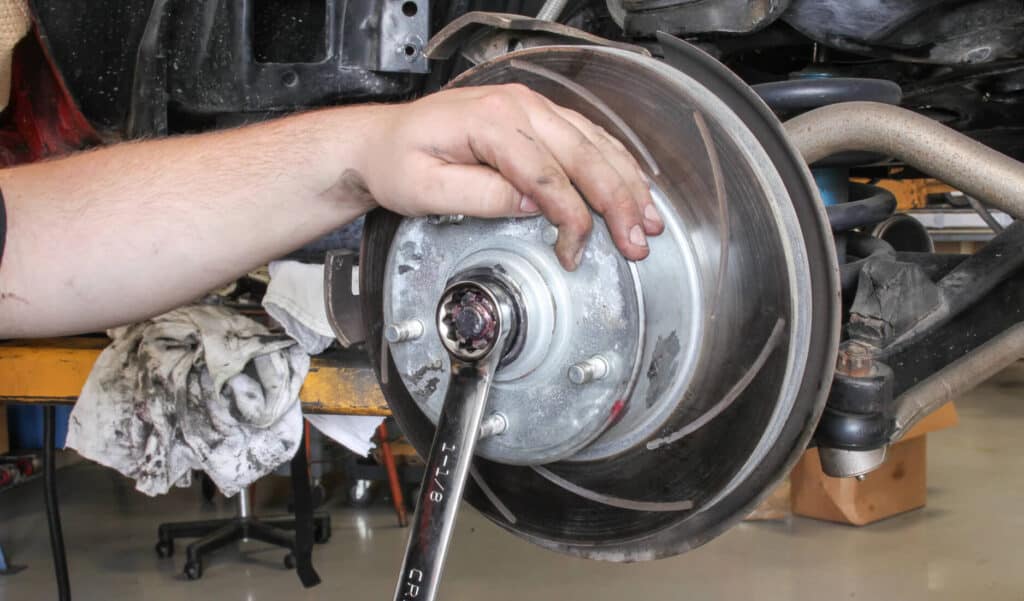Introduction
In the intricate machinery of our vehicles, the wheel bearings often get sidelined. Yet, these small components play a critical role in ensuring a smooth ride, influencing fuel economy, and overall vehicle longevity. This article will delve into the financial benefits of maintaining wheel bearings, their effects on fuel consumption, ride quality, and the aftermath of neglecting this essential component.
The Value of Changing Wheel Bearings: Benefits and Cost-Savings
The advantages of changing wheel bearings are manifold and the benefits extend well beyond simply having a smooth ride. A good wheel bearing reduces the amount of friction between the moving parts of your vehicle, thereby increasing its efficiency. By reducing friction, you also minimize the wear and tear on your tires and other parts of your car, extending their lifespan. This results in cost savings as you’ll need to replace these components less frequently.
Furthermore, a well-maintained wheel bearing promotes better fuel efficiency, which translates to more savings at the pump. If your wheel bearings are worn or damaged, they can cause resistance that makes your engine work harder to move the car. Consequently, this leads to higher fuel consumption and more frequent fill-ups. Regular wheel bearing maintenance ensures optimal performance and a more economical ride. All these savings can add up over the life of your car, making it a worthy investment to maintain and change wheel bearings when necessary.

Fuel Consumption and Wheel Bearings: The Connection
Indeed, wheel bearings play a more significant role in fuel economy than one might initially presume. When wheel bearings are worn out or damaged, they create extra friction between the wheel hub and the spindle. This additional resistance, while seemingly insignificant, forces the engine to work harder to keep the wheels turning. As a result, your vehicle consumes more fuel, negatively affecting its mileage and efficiency.
Over time, the increased fuel consumption due to faulty wheel bearings can add up to a substantial sum. Considering the rising costs of fuel, this is an expense most vehicle owners would prefer to avoid. Therefore, regular maintenance and prompt replacement of your wheel bearings can indirectly improve your car’s fuel efficiency, leading to tangible savings at the fuel pump. In essence, well-maintained wheel bearings contribute not only to a smooth ride but also to a more economical one.
Ride Quality and Wheel Bearings: The Impact
Smooth running wheel bearings are integral to the overall ride quality of your vehicle. They allow for smooth wheel rotation, ensuring comfortable and quiet rides. Worn-out bearings can cause unpleasant noises, vibrations, and poor handling, making your driving experience less comfortable. By investing in regular wheel bearing maintenance, you can preserve the comfort and enjoyment of your rides, which, while not directly translating into monetary savings, definitely adds value to your driving experience.
The Consequences of Neglect: What a Bad Wheel Bearing Does
A defective wheel bearing increases the friction between the wheel and the axle, leading to poor handling and a significant decrease in your vehicle’s performance. This friction also results in more heat, which over time can warp parts of the brake system. In such cases, you’re not just facing the cost of a new wheel bearing but potentially a new brake system as well.
A bad wheel bearing can also lead to abnormal tire wear, reducing the lifespan of your tires and adding an additional expense to your maintenance budget. Tires can be costly to replace, and irregular wear may mean you’ll need to replace them sooner than you anticipated.
Lastly, a faulty wheel bearing can negatively impact your vehicle’s fuel efficiency. Increased friction means your car’s engine has to work harder, leading to higher fuel consumption. Over time, this increased fuel cost can add up, making the seemingly small issue of a failing wheel bearing an expensive problem to ignore.
The Lifespan of a Car Wheel Bearing: What to Expect
Typically, wheel bearings can last anywhere from 136,000 to 160,000 kilometers, but their lifespan can significantly vary depending on driving conditions, vehicle type, and overall maintenance. Regular servicing, coupled with prompt action when signs of a failing bearing appear, can help extend their lifespan, delaying the financial outlay for replacement.
Making the Right Choice: How to Choose Wheel Bearings
Make and Model: The first factor to consider is your vehicle’s make and model. Different vehicles require different types of wheel bearings, and using the wrong type can lead to premature failure or inadequate performance.
Driving Conditions: Your typical driving conditions should also influence your choice. If you frequently drive on rough or unpaved roads, investing in robust, high-quality bearings is advisable as these conditions can accelerate wear and tear.

Quality and Brand: The quality and brand of the bearing are also critical considerations. Reputable brands are likely to offer higher quality bearings that provide better performance and longevity. While they may be more expensive upfront, the long-term savings in terms of reduced replacement frequency and potential damage to other components can outweigh the initial cost.
User Reviews and Ratings: Finally, consider user reviews and ratings when choosing wheel bearings. These can provide valuable insight into the product’s performance and reliability based on the experiences of other users. A bearing with positive reviews and high ratings is likely a safe bet.
Remember, while cost is an important consideration, it should not compromise the quality of the bearing. Investing in a high-quality wheel bearing can save you money and hassle in the long run.
Conclusion
In essence, a well-maintained wheel bearing is a quiet benefactor that keeps your vehicle running smoothly while saving you money in the long run. Regular inspections, timely replacements, and investment in quality bearings are all critical to leveraging these benefits. By taking care of your wheel bearings, you’re not just ensuring a smooth ride today, but also guarding against larger financial outlays in the future. After all, as they say, prevention is better than cure.
